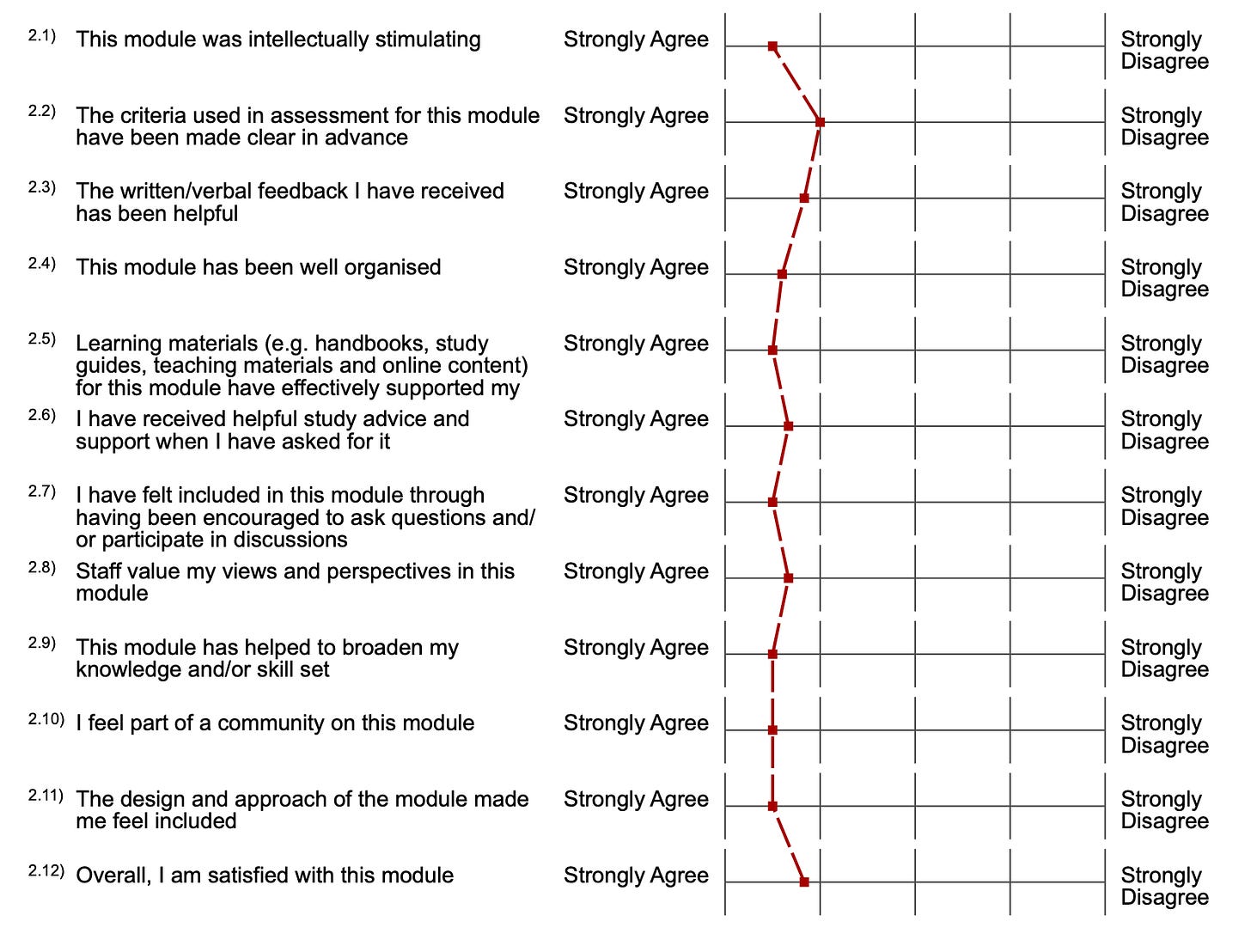How many of you understand what the term academic probation means?
Academic probation is that period of time after the new lecturer has been appointed at the university but before they are made permanent or, as it is described in some countries, before they are granted tenure. It used to be common for the period of academic probation to be some number of months, perhaps 12 – 24. It is suggested that some, like Middlesex University, have a probation period that lasts only 8 months, while the vast majority are said to run for 12 months
However, when we became involved in analysis that showed official statistics were being misinterpreted (here) or worse, manipulated (here) our work was very quickly retracted, archived, cancelled and through often same-day rejection we were effectively silenced. It didn’t matter whether the paper I submitted was reviewing issues of medical consent (here), the application of Gillick competence in court cases (here), local government and council’s regulation of personal aerial vehicles known as ‘drones’ (here), or even self-driving and artificial intelligence law (here), my papers were routinely given what is called a desk rejection (where the sub-editor rejects the paper without reading it or even sending it out for peer review). Famously, I even had one journal, the BMJ, recently reject a paper in only 18 minutes from submission and over the last four years I have had more than fifteen manuscripts rejected even by the preprint servers arXiv and MedRxiv – who are supposed to be there to publish non-peer reviewed preprints of up-to-the-minute research findings. What this means is that while prior to mid-2020 I had published nearly 50 papers at conferences and in academic journals, since then I have written nearly twenty articles but have been named on less than a half-dozen papers accepted for publication – with only one conference paper and one academic journal article bearing my name as lead author. And as far as my academic division is concerned, that one article is not published in ‘the right type’ of academic journal. Even worse, my research and analysis on such matters as the evidence and conclusions in the Lucy Letby trial (for example, Researchgate preprint here) or my systematic review of issues in published opioid research in Australia (here and here) were not only also rejected by the mainstream preprint servers, each paper was rejected without review by three or more academic journals and they have also drawn insults, derision and a combination of physical and legal threats…
Yes, even while MedRxiv rejected my opioid systematic review for not being a systematic review (Ha!) I received legal threats from the managing editor of an addiction journal who did not like some of the results that same review found. He couldn’t refute or rebut those results. All he could do was threaten me if I dared publish them. That is what junior academics have to contend with these days. If your work dares to cross into contentious topics or your findings don’t align with the mainstream ‘belief’ (or narrative) on a topic, you get cancelled and you can’t even release your work on the proper preprint servers. For all intents and purposes you are untouchable. You cease to exist.
So, while I developed an entirely new course in digital health and technology that incorporates the use of Bayesian-based AI for improved clinical decision-making and which has received very strong reviews in the top quartile from my students, while I have conducted research that has seen me author six comprehensive funding applications and nearly twenty papers during the last three years, and while my analysis of covid and Letby issues has been proven right time and time again… Almost none of those papers are published, none of the external funding applications even went to peer review, and I am a pariah even within my own academic division.
While I don’t want you to leave thinking I am being all whingy and whiny… I am an academic failure in the broken UK university system.
https://en.wikipedia.org/wiki/Academic_probation
https://www.sydney.edu.au/news-opinion/news/2021/02/16/admitting-failure-is-hard-we-should-learn-to-fail-better.html
https://en.wikipedia.org/wiki/Gimli_Glider










